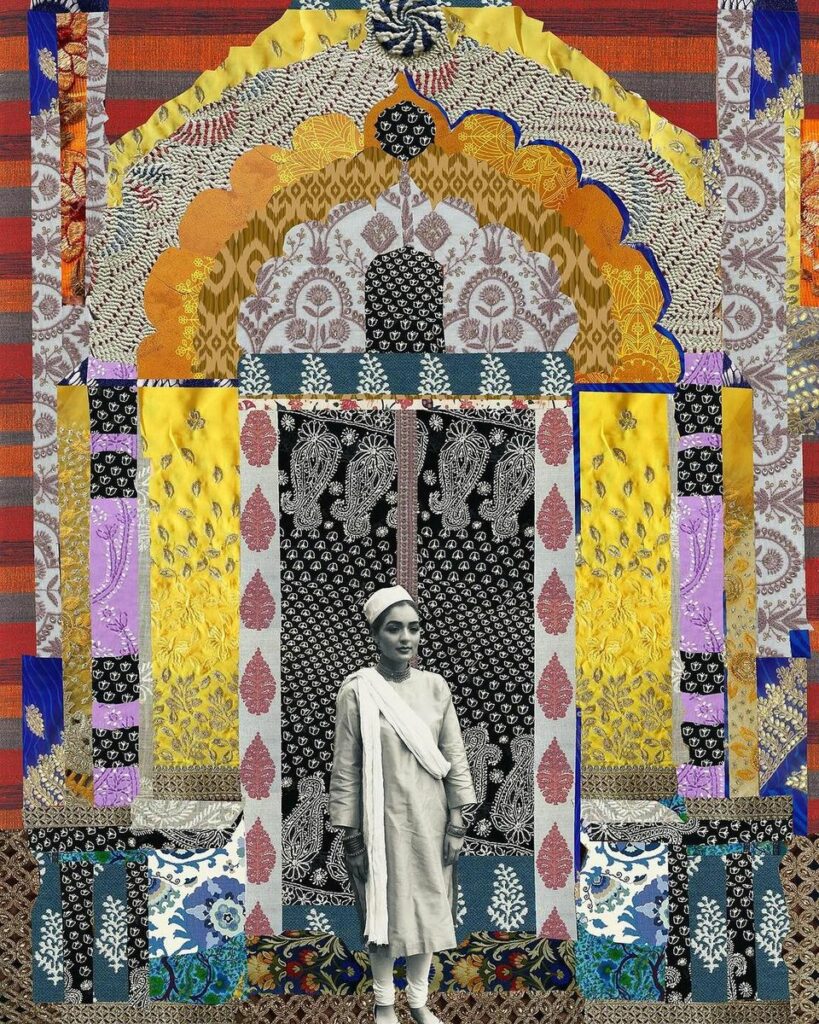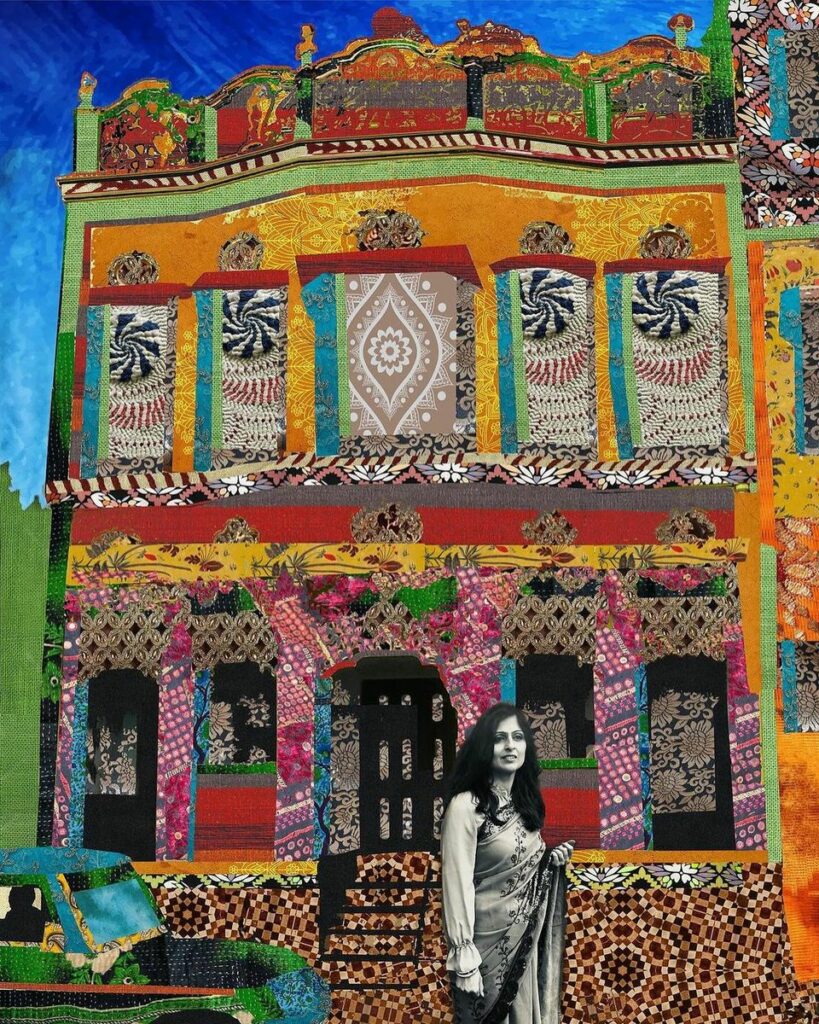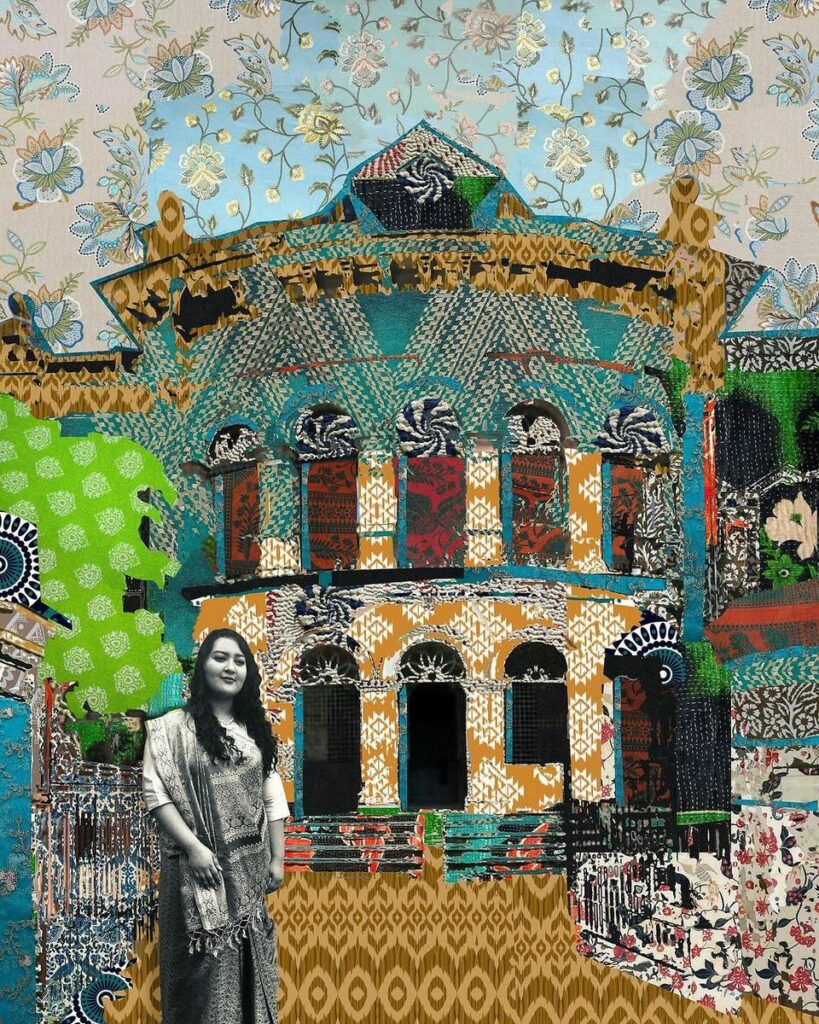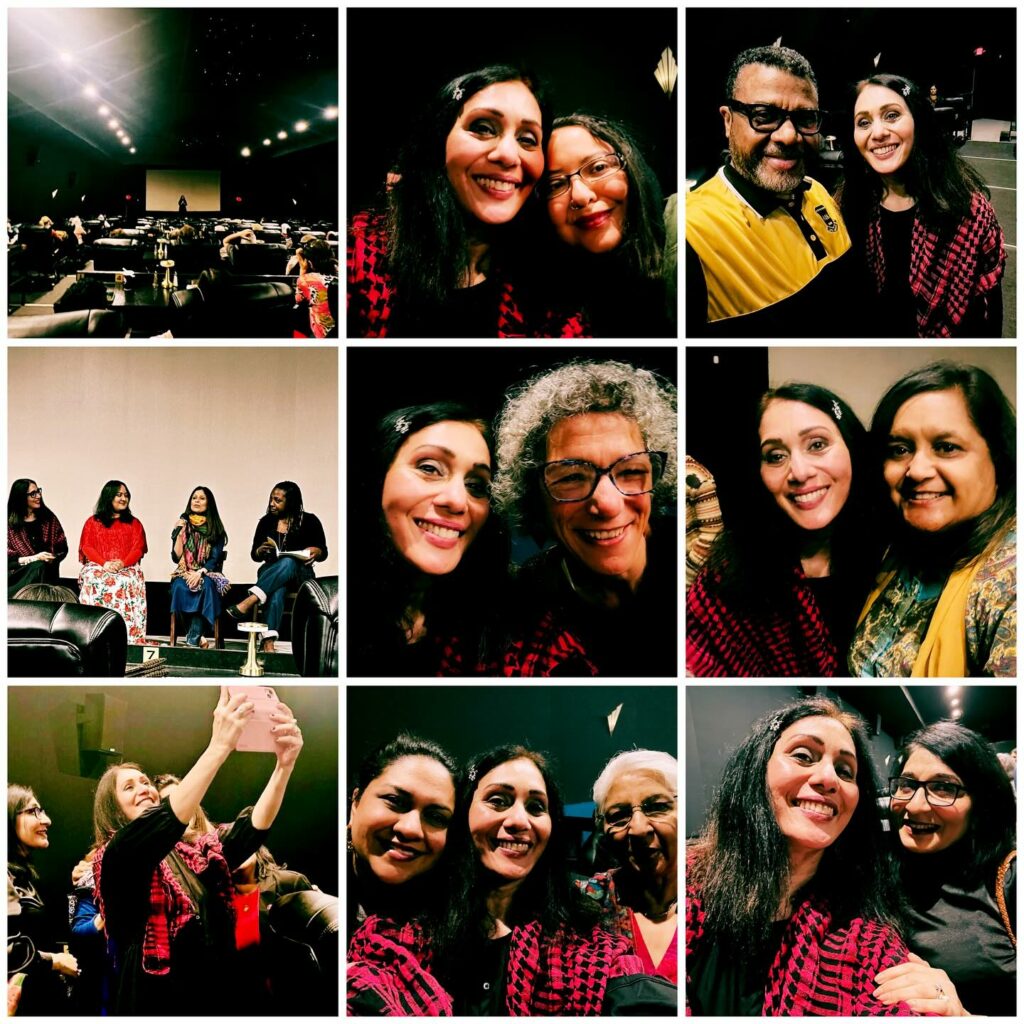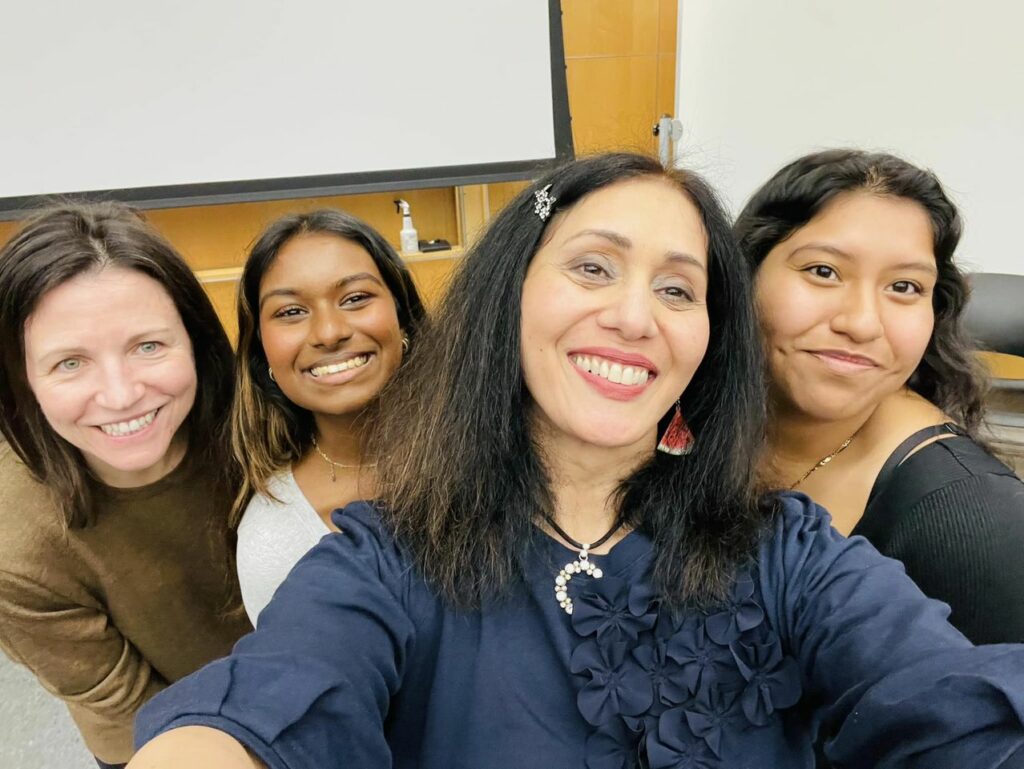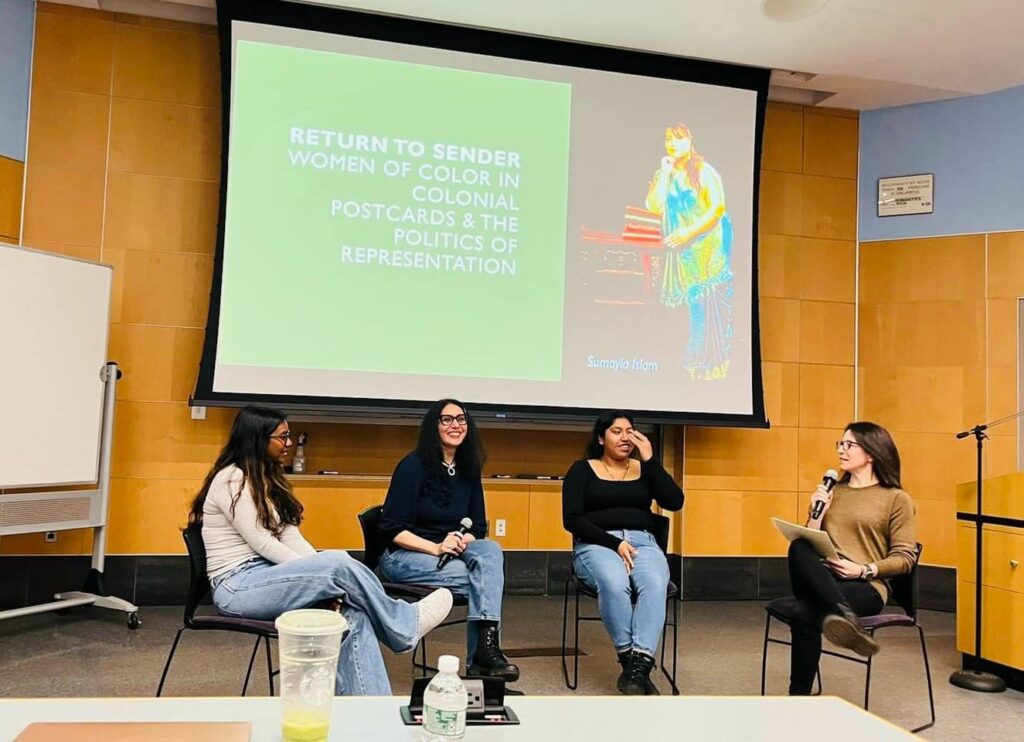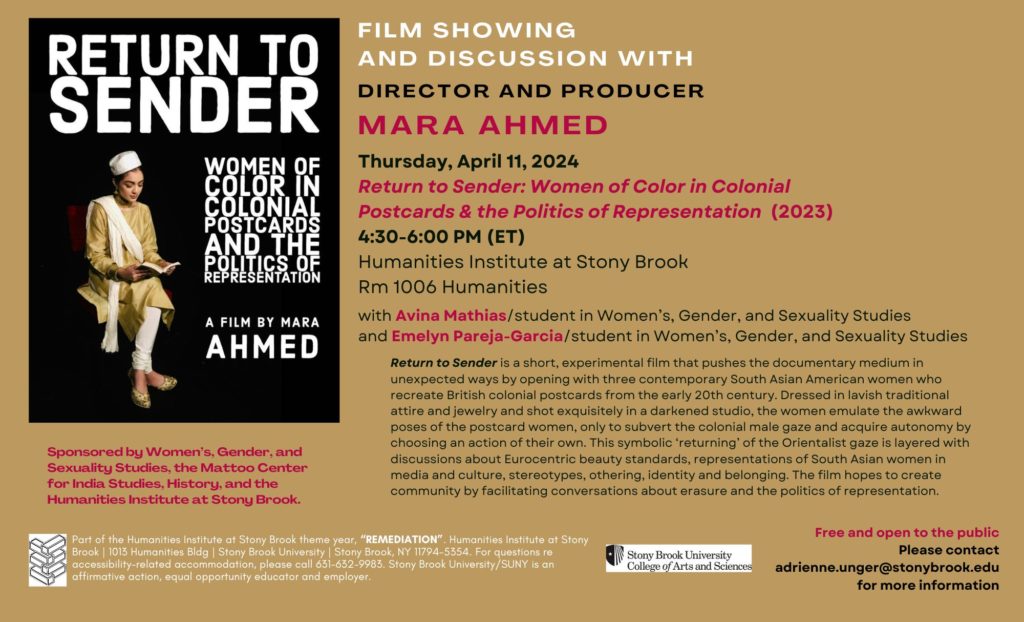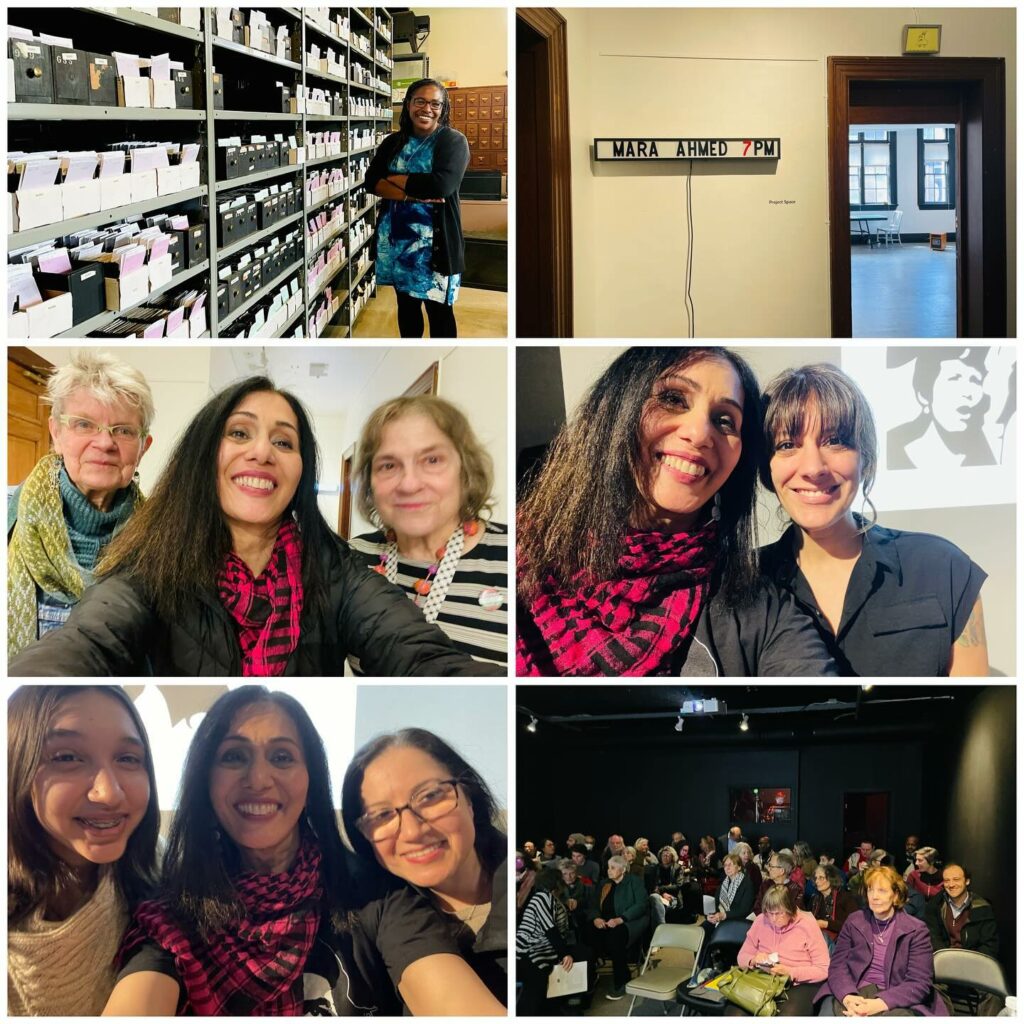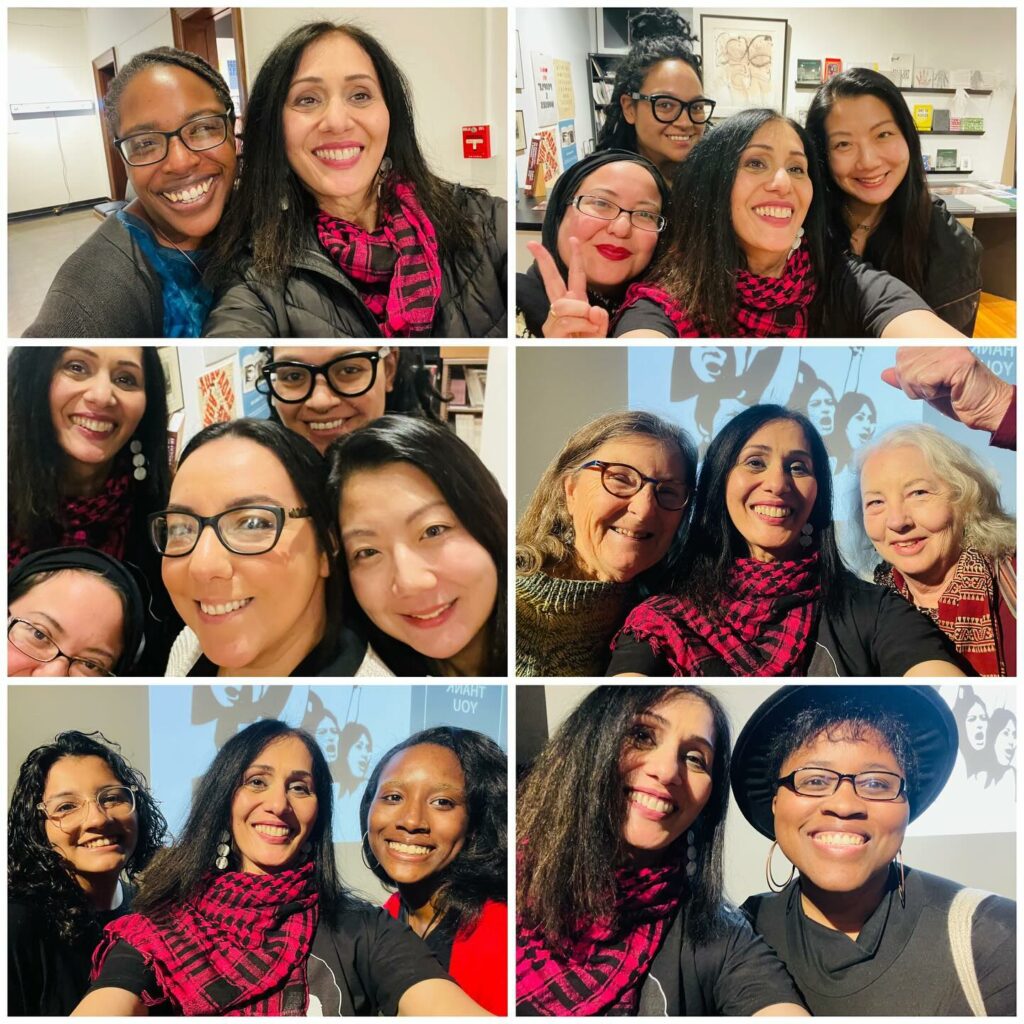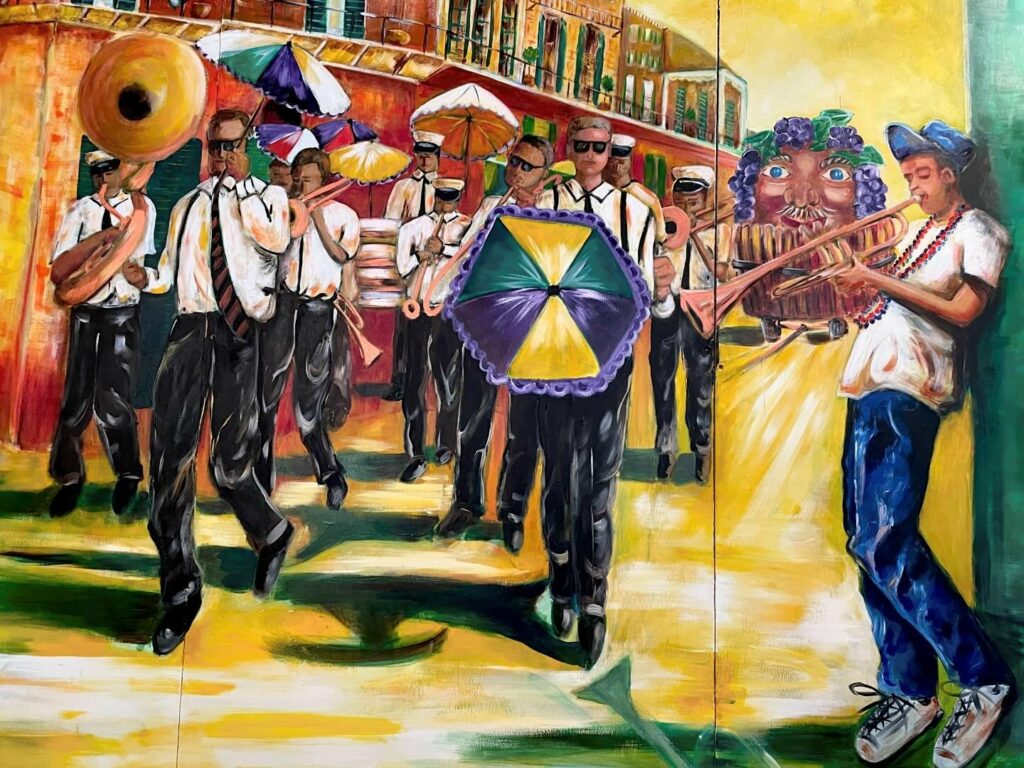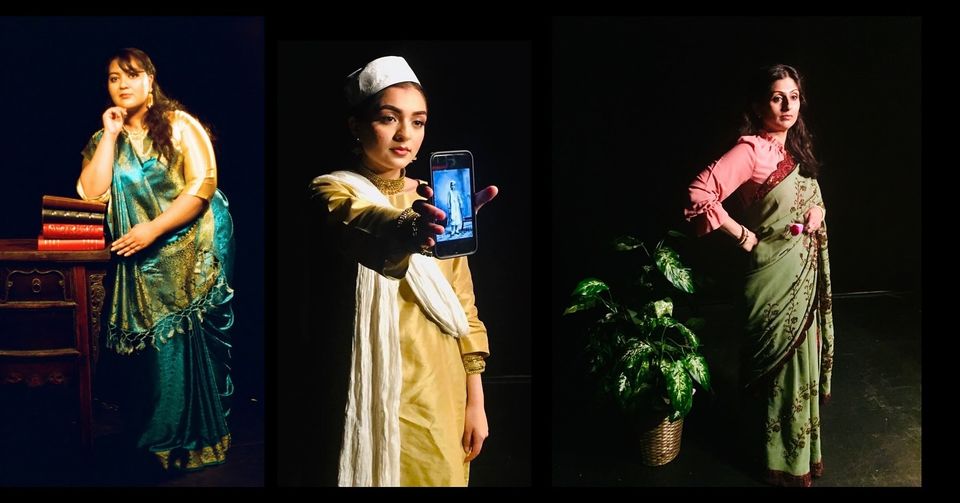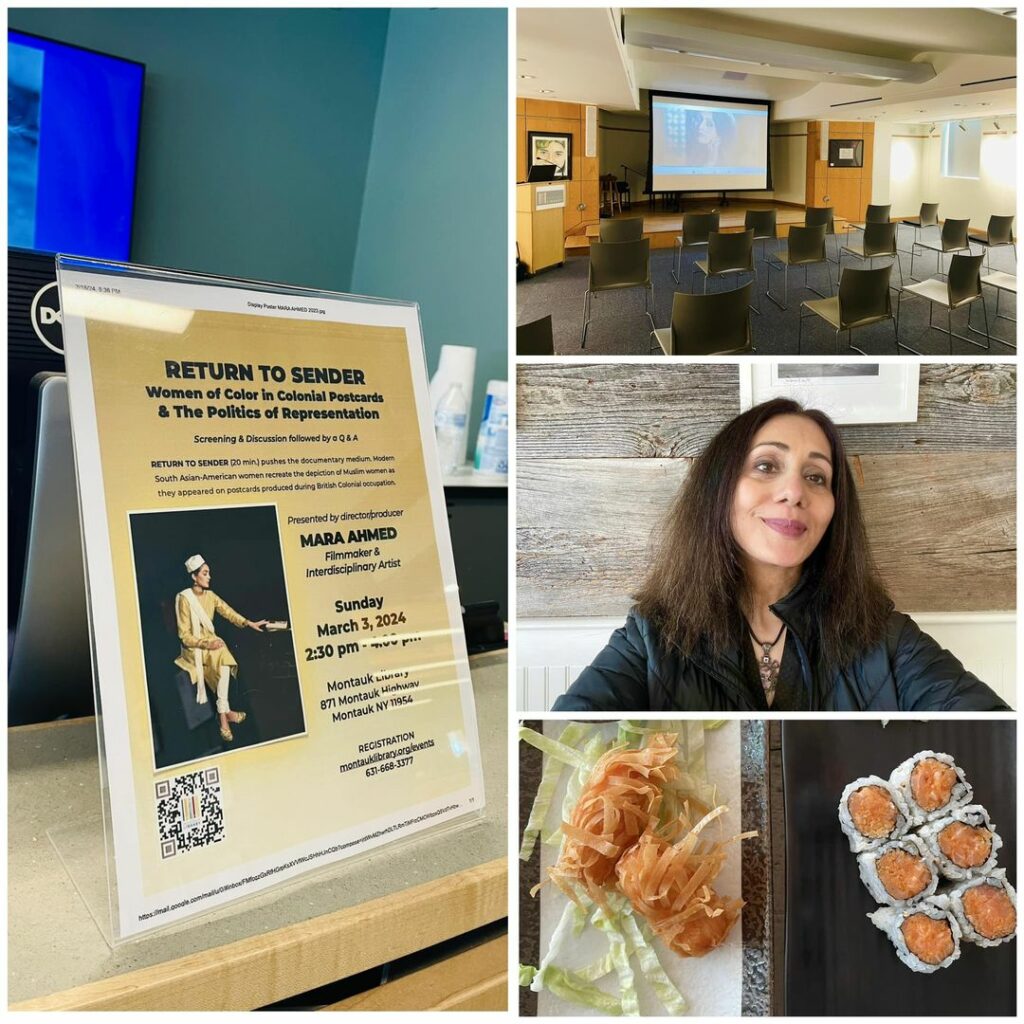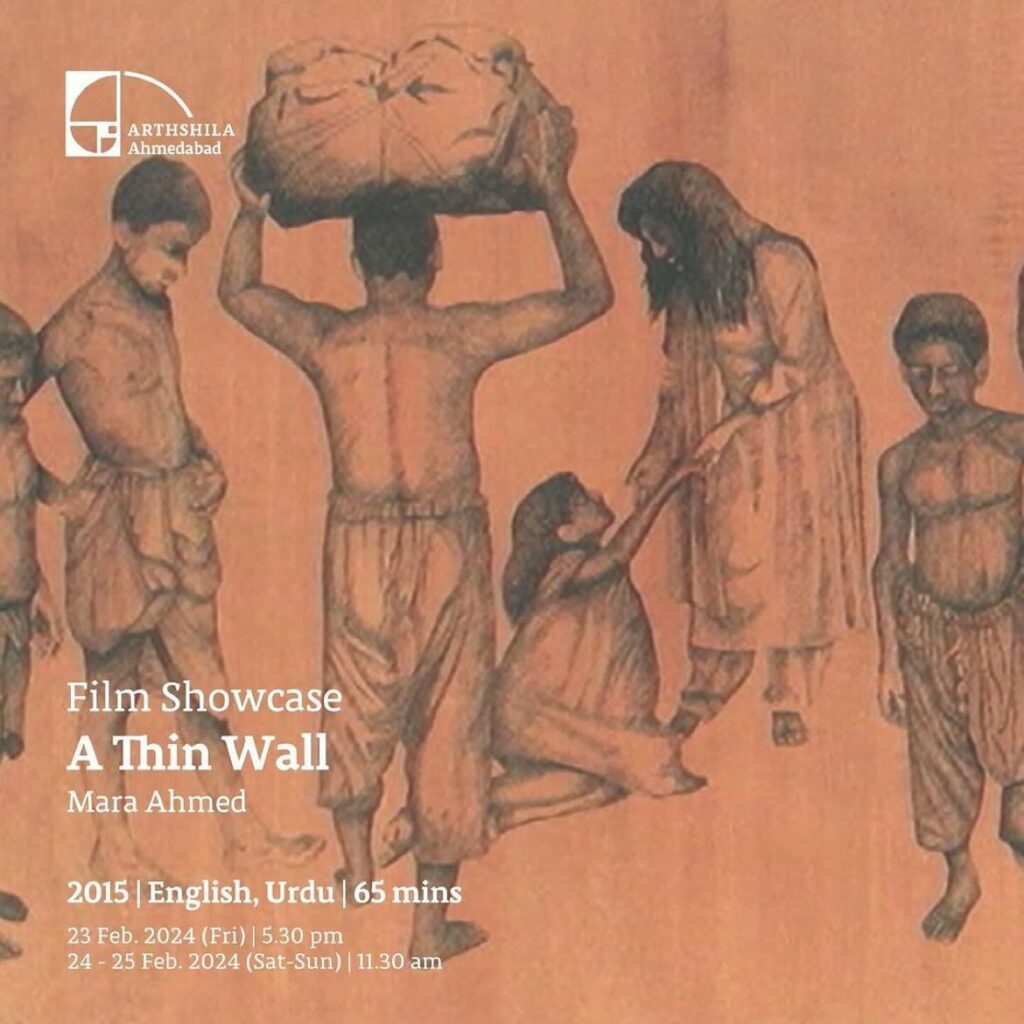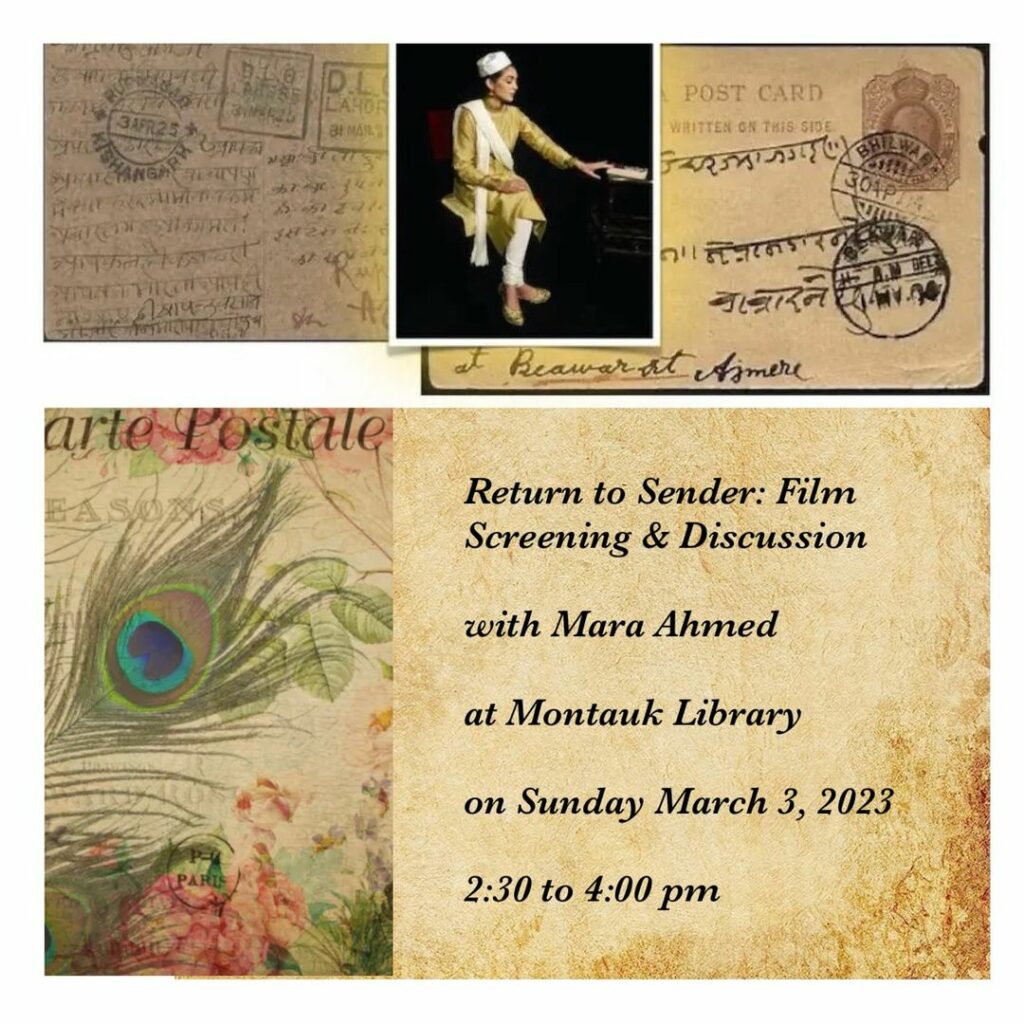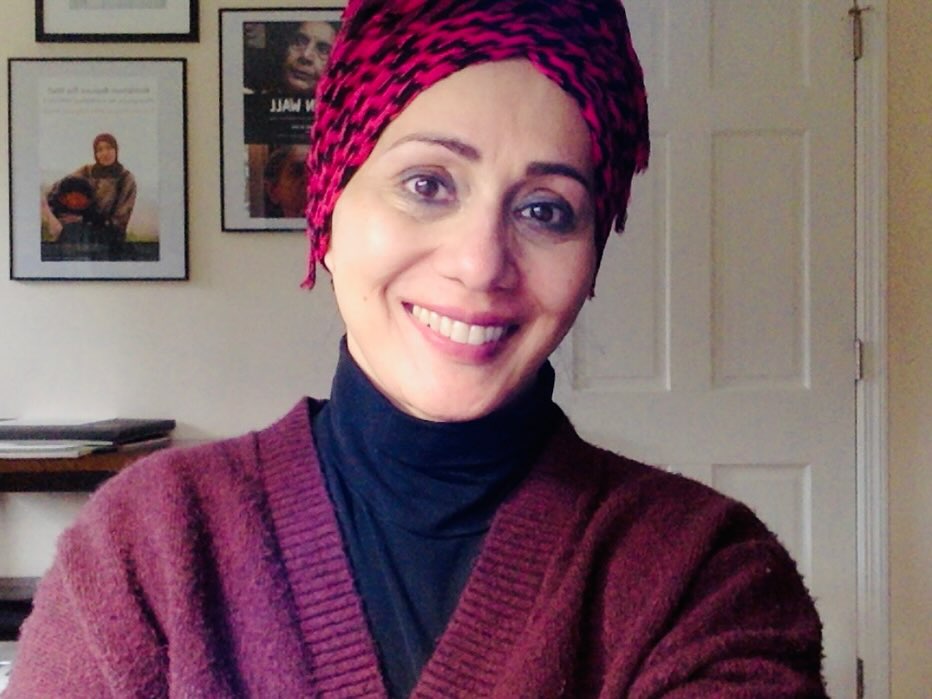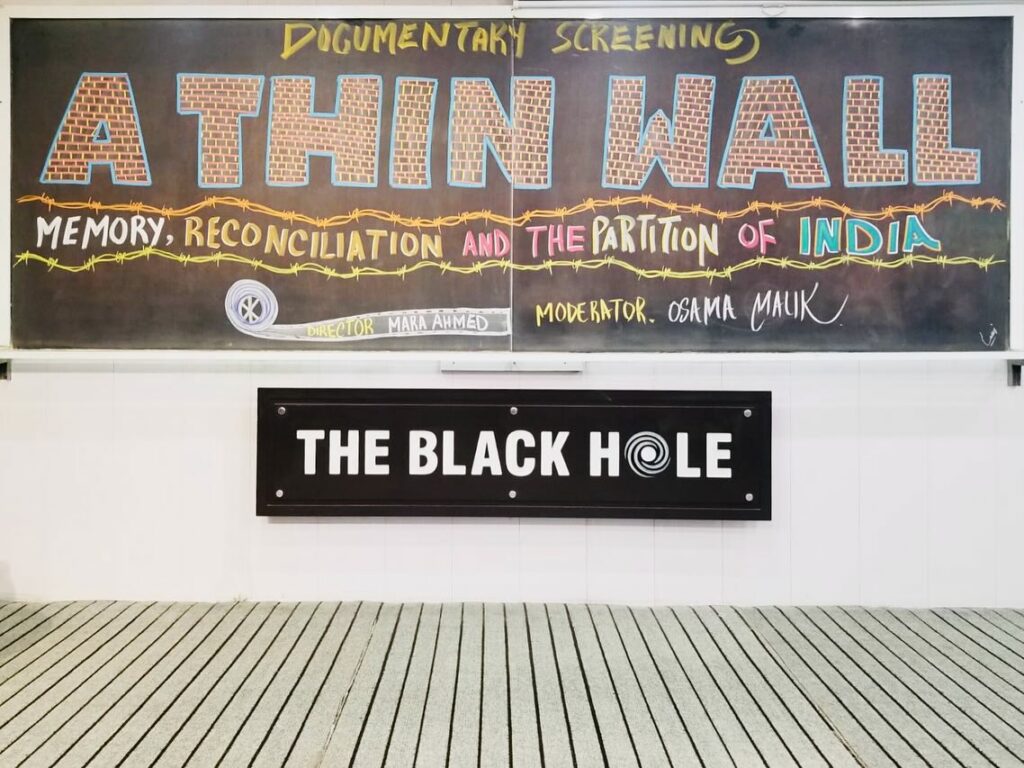My IG account was hacked and deleted on April 9th this year. A kind of erasure. I will be recreating history off and on by digging into posts archived elsewhere by friends and collaborators. Here is one from @phototrouveemagazine![]()
Repost from @phototrouveemagazine:
Spotlight on issue 12 featured artist Mara Ahmed @mara__ahmed. “My art practice focuses on crossing borders and dismantling political and cultural boundaries. I work in multiple disciplines and narrative formats to tell marginalized stories and build community. The personal and political are intertwined in my practice. For example, the experimental short film, Le Mot Juste (2021), which was selected for an exhibition by Chicago’s South Asia Institute, is a fusion of autobiography, film, and dance. It spotlights three languages: Urdu, French, and English. In the analog and digital collage series, This Heirloom (2012-2014) which has been widely exhibited in New York and California, I recreated my own history by using old black and white photographs sourced from my family archive. In conjunction with my NYSCA-funded film, Return to Sender: Women of Color in Colonial Postcards & the Politics of Representation (2023), I created three collages that subvert the colonial male gaze in found postcards from the British Raj (early 1900s). My aim was to rewrite history by relocating South Asian women from derelict studios, where they had been subjected to Orientalist fantasies, and reconnecting them to their roots. I placed the women in their native cities, adorned with architectural details and built with Indian textiles.”
